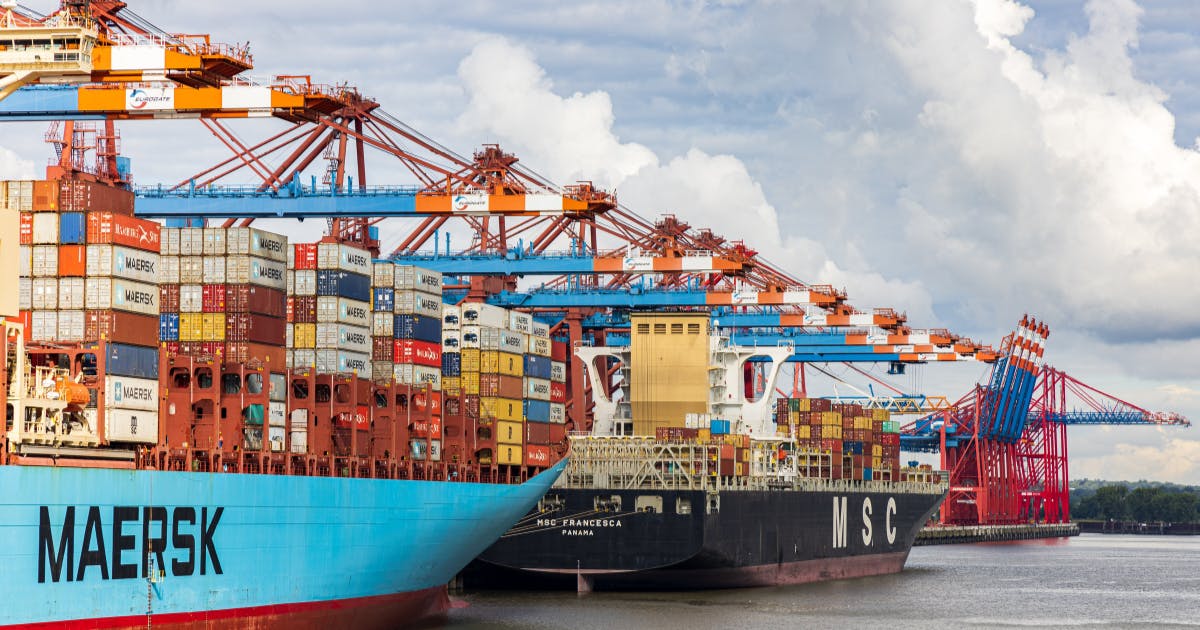Watch the webinar replay and learn the 3 key steps to reduce and manage demurrage & detention costs!

The importance of neutral data in real-time visibility
Shippers need accurate, unbiased information, processed in a way that empowers strategic decisions
The logistics sector is vast and fragmented, with hundreds of parties involved in the movement of cargo from A to B. Growing digitalization is beginning to disrupt traditional approaches, but it remains a long way from where shippers would like it to be: A world in which a broad level of inter-connectivity and standardization gives them oversight of all goods, at all times.
Not only does gathering such data still typically take a long time for many companies, the information is often incomplete, inconsistent or inaccurate. “It is easy to lose sight of cargo flows as a result of one input mistake,” says Wakeo Customer Success Manager Stefania Bunceanu. “And if it’s ‘bad information in’ businesses are unlikely to be able to turn it into anything useful.”
She says new collaboration platforms are coming online every trimester to try to make the exchange of information between business partners more common and therefore efficient, yet it still takes a lot of work to translate these disparate data sets into a form that can be understood by all systems.
And it is not generally neutral.
“What’s required is quality data that is processed in a way that makes sense and enables businesses to make strategic decisions. We ensure disparate information speaks the same language, which produces more accurate, neutral data that helps to boost productivity and efficiency.”
The source of that data - and the ability to verify it - is key, she says. Oftentimes information comes directly from suppliers who have a vested interest in presenting it in a particular way or delivering it at a particular time. Neutral information from an independent provider can give a more accurate and immediate picture of routes and carriers. This can then be used to impartially measure the performance of supply chain partners.
Wakeo's data is enriched through independent sources, rather than relying solely on information provided by carriers. By leveraging diverse sources like AIS, ADS-B, and telematics, Wakeo ensures the availability of accurate and up-to-date information. This comprehensive approach empowers shippers and freight forwarders to make well-informed decisions based on reliable data.
“Companies need data that relies on facts, not interpretation,” says Bunceanu. "The quality of that data is the foundation for them.”

How neutral data is sourced
Wakeo’s network draws data from hundreds of places comprising billions of data points. It takes information from both transport providers and independent sources to form a complete picture, linking what needs to be tracked and how.
“How we process the elements that make up the life of a shipment in international flows makes a huge impact on how we make sense of the data,” says Bunceanu.
It collects transport orders, container numbers, bookings, information from shipping lines, airlines and more. It then aggregates this declarative information from transport providers with data from its own multi-modal network, which covers the vast majority of the sea, air and road market.
The data engine then further enriches, tests and verifies this information using various external sources, including automatic identification system (AIS) data for sea vessels; automatic dependent surveillance-broadcast (ADS-B) information from aircraft navigation systems; and telematics for roads.
The first step to achieving data neutrality is by raising awareness of the need to implement data normalization via automated processes. By enforcing consistent practices such as standard operating procedures implementation and harmonizing data from multiple parties, Wakeo provides data in a shared language that increases visibility and transparency for independent decision-making.
A central ‘control tower’ then gathers everything together and processes it to provide customers with the most reliable and current picture.
Presenting on a recent webinar Guillaume Waline, Head of Partnership, at Wakeo, said: “We have direct connectivity with shipping lines, we back this with freight forwarder information, details from the cargo community system, and AIS. We leverage all these sources of data into our tracking engine.”
Waline added that the company goes beyond simply collecting raw data. “We do not work on a purely statistical approach but relate the information to business processes, so we need a lot of sources fed into our system. We then leverage that to have a better understanding of what’s happening and provide the best ETAs [estimated arrival times].”